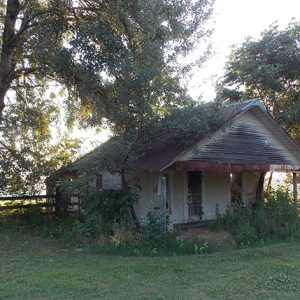 Prim Grocery Store
Prim Grocery Store
Time Period: Divergent Prosperity and the Arc of Reform (1968 - 2022) - Starting with P
 Prim Grocery Store
Prim Grocery Store
 Prim Street Scene
Prim Street Scene
Primary Colors
 Primary Colors
Primary Colors
Prison Reform
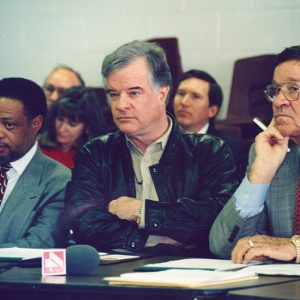 Prison Reform Meeting
Prison Reform Meeting
Pritchard, Ross Joseph
Private School Movement
aka: Segregation Academies
 Prize Pumpkin
Prize Pumpkin
Pro-ISIL Hack of Arkansas Library Association
Prock, Clifford John
 Produce Warehouse Rear View
Produce Warehouse Rear View
 Produce Warehouse Side Entrance
Produce Warehouse Side Entrance
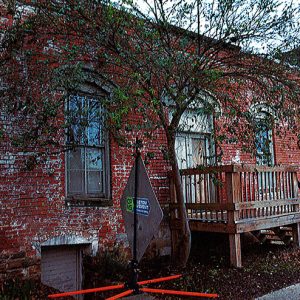 Produce Warehouse Side Entrance & Deck
Produce Warehouse Side Entrance & Deck
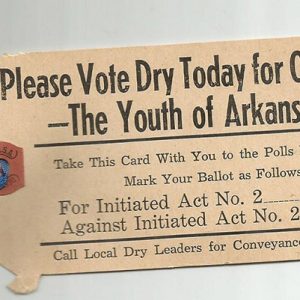 Prohibition Tag
Prohibition Tag
Promise Me Always
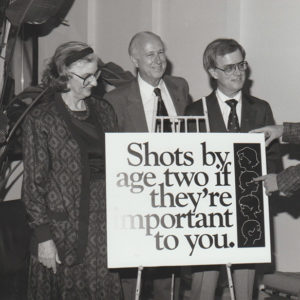 Promoting Immunization
Promoting Immunization
Proud Spirit Horse Sanctuary
 Proud Spirit Horse Sanctuary
Proud Spirit Horse Sanctuary
Pruden, James Wesley, Jr.
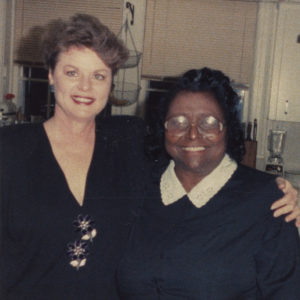 Pryor and Ashley
Pryor and Ashley
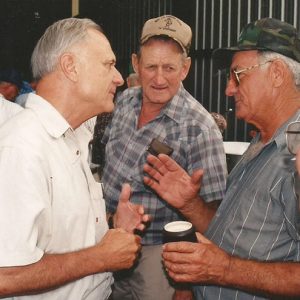 David Pryor Campaigning
David Pryor Campaigning
Pryor, Barbara Jean Lunsford
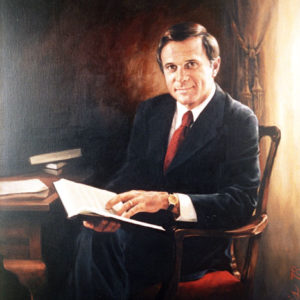 David Pryor
David Pryor
Pryor, David Hampton
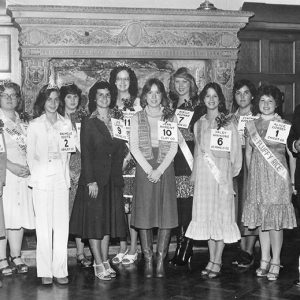 David Pryor and Miss Fluffy Rice Contestants
David Pryor and Miss Fluffy Rice Contestants
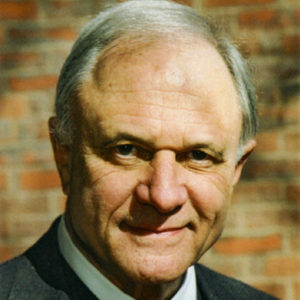 A Pryor Commitment
A Pryor Commitment
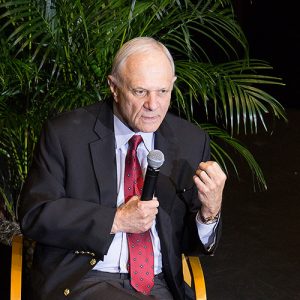 David Pryor
David Pryor
Pryor, Doris
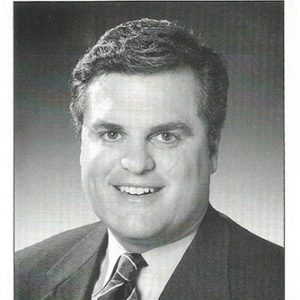 Mark Pryor Campaign
Mark Pryor Campaign
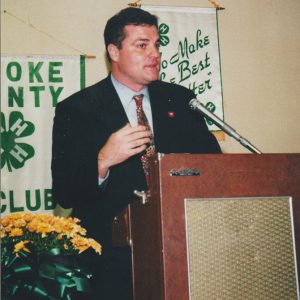 Mark Pryor
Mark Pryor
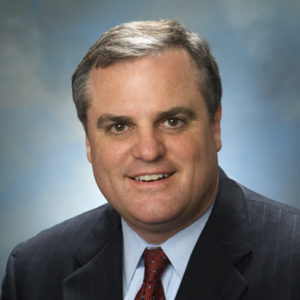 Mark Pryor
Mark Pryor
Pryor, Mark Lunsford
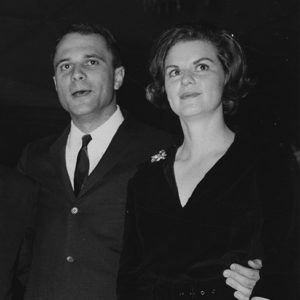 Pryors
Pryors
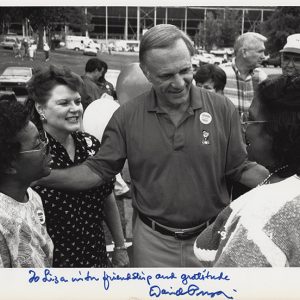 Pryors Campaigning
Pryors Campaigning
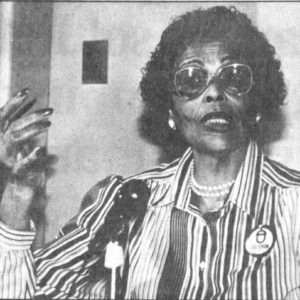 Johnnie B. Pugh
Johnnie B. Pugh
Pugh, Johnnie B.
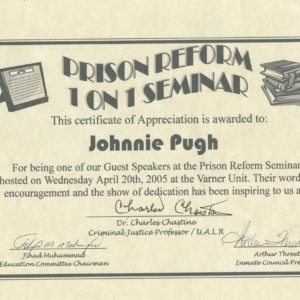 Johnnie Pugh Certificate
Johnnie Pugh Certificate
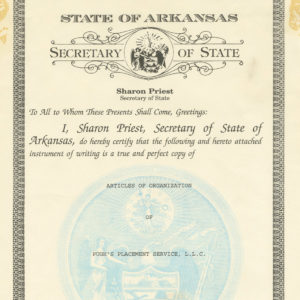 Pugh's Placement Service
Pugh's Placement Service
 Pulaski County Courthouse
Pulaski County Courthouse
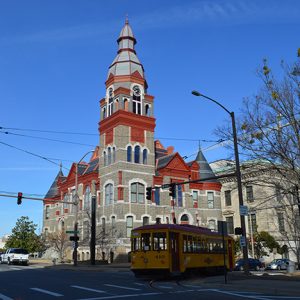 Pulaski County Courthouse
Pulaski County Courthouse
 Pulaski County Map
Pulaski County Map
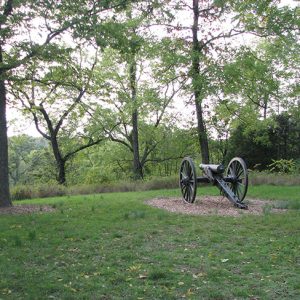 Pulaski Battery Site
Pulaski Battery Site
Pulitzer Prize (Arkansas Recipients and Nominees)
Pullers
 Pump
Pump
 Purcell Campaign Card
Purcell Campaign Card
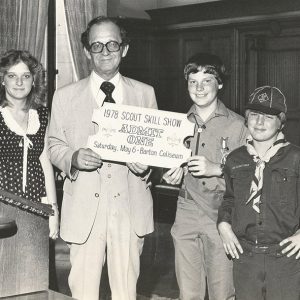 Purcell with Scouts
Purcell with Scouts
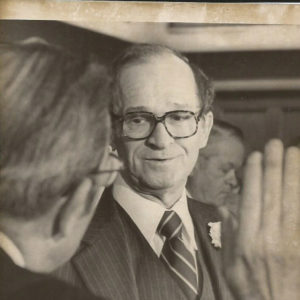 Joe Purcell Swearing-In
Joe Purcell Swearing-In
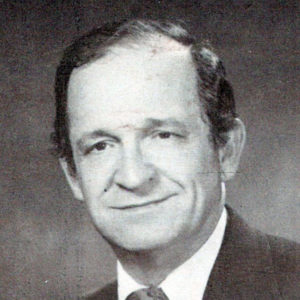 Joe Purcell
Joe Purcell




